As artificial intelligence surges ahead, the world of work is on the brink of a transformation unlike any before. Demis Hassabis, CEO of Google DeepMind, has delivered a clear and urgent message to teenagers across the globe: prepare now for an AI-driven future or risk being left behind.
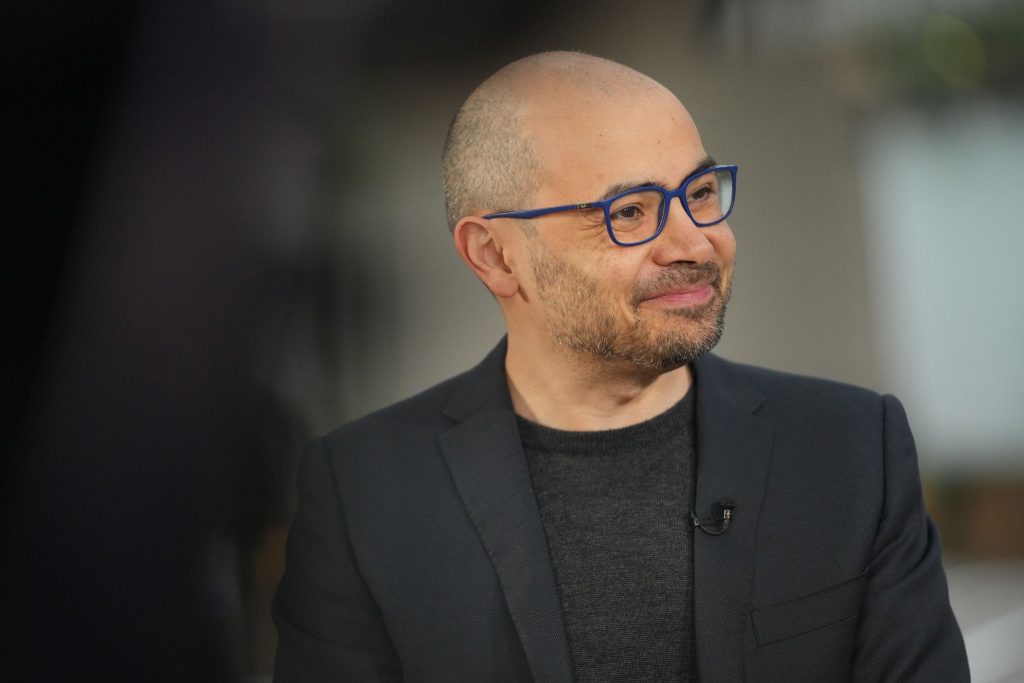
The AI Revolution: A Defining Moment for Gen Alpha
Speaking at the recent Google I/O developer conference and on the influential tech podcast “Hard Fork,” Hassabis drew a powerful parallel between past and present technological shifts. “Just as the internet shaped millennials and smartphones defined Gen Z, generative AI is the hallmark of Gen Alpha,” he declared. For today’s teens, this means that understanding and mastering AI will be as fundamental as learning to use the internet or smartphones was for previous generations.
Hassabis, who leads the research powerhouse behind Google’s most advanced AI breakthroughs—including the Gemini chatbot and ongoing efforts toward artificial general intelligence (AGI)—predicts that the next five to ten years will see AI disrupt many existing jobs. However, he is quick to point out that this disruption will also bring about the creation of new, more valuable, and often more interesting roles for those prepared to seize them.
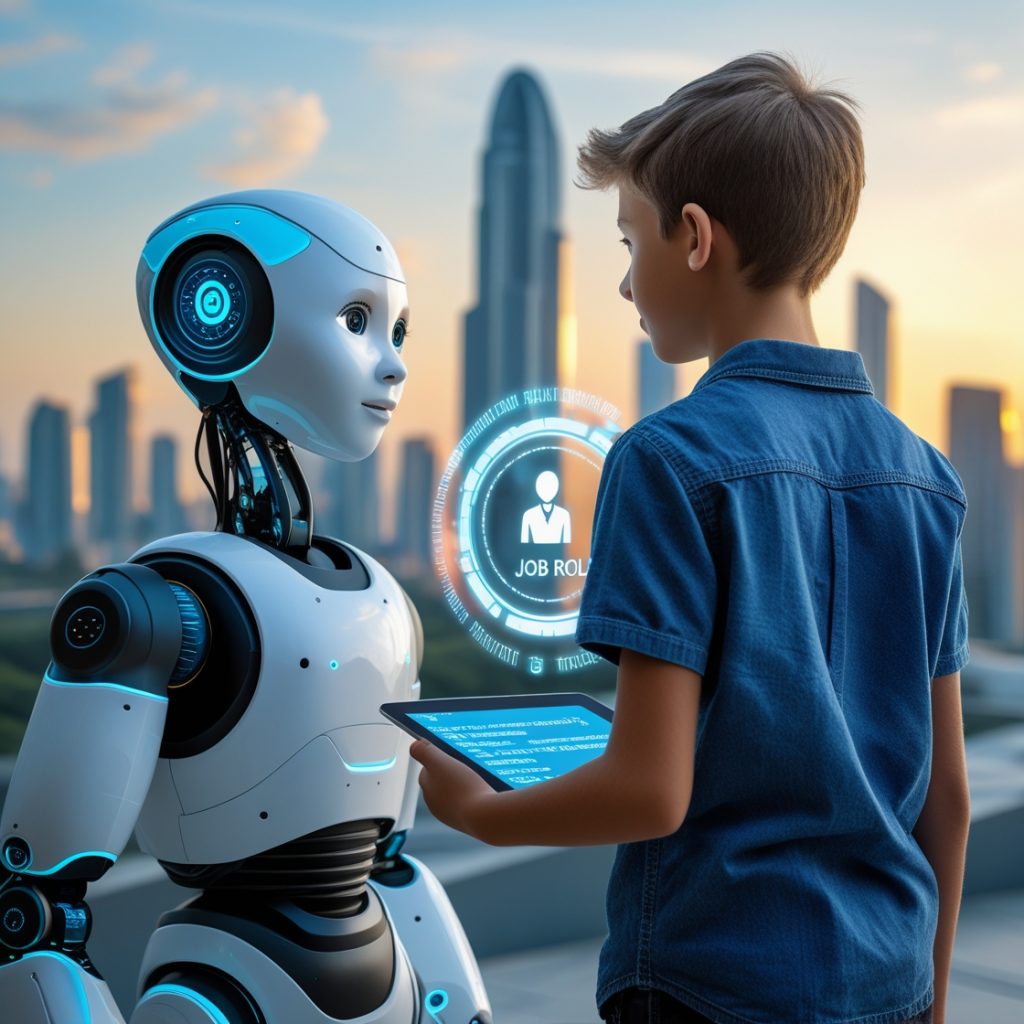
The Clock Is Ticking: Five Years to Major Change
The timeline for this transformation is short. Hassabis warned that within just five years, AI will begin to reshape the global job market in earnest. “Over the next 5 to 10 years, I think we’re going to find what normally happens with big new technology shifts, which is that some jobs get disrupted. But new, more valuable, usually more interesting jobs get created,” he said.
This rapid evolution is already underway. Since the launch of OpenAI’s ChatGPT in 2022, the pace of AI development has accelerated dramatically, sparking both excitement and anxiety about the future of work. As companies increasingly adopt AI to automate tasks once handled by humans, industries from tech to law and finance are bracing for significant change.
Hassabis’ Call to Action: Become AI “Ninjas”
For teens and young adults, Hassabis’ advice is unequivocal: immerse yourselves in AI now. “Whatever happens with these AI tools, you’ll be better off understanding how they work, and how they function, and what you can do with them,” he emphasized. He encouraged students to adopt a “ninja” mindset—becoming highly skilled with the latest technologies and ready to adapt as the landscape shifts.
But Hassabis doesn’t believe that tech skills alone will be enough. He strongly advocates for a solid foundation in STEM—science, technology, engineering, and mathematics—especially coding. At the same time, he urges young people to develop “meta skills” such as creativity, adaptability, and resilience. These traits, he argues, are crucial for navigating the constant change that will define the AI era.
“These are the capabilities that will help the next generation thrive. Getting good at the basics of STEM is still crucial, but equally important is developing the mindset to navigate constant change.” — Demis Hassabis
The New Jobs of Tomorrow
While fears of job loss are real, Hassabis remains optimistic about the opportunities AI will create. He predicts that many of the jobs of tomorrow will be more rewarding and engaging than those lost to automation. The key, he says, is to be ready to pivot and learn new skills as the landscape evolves.
Already, AI is opening doors in fields like data science, robotics, and creative industries powered by generative AI tools. For those who start early, the possibilities are vast—from designing smarter AI systems to harnessing AI for breakthroughs in medicine, climate science, and beyond.
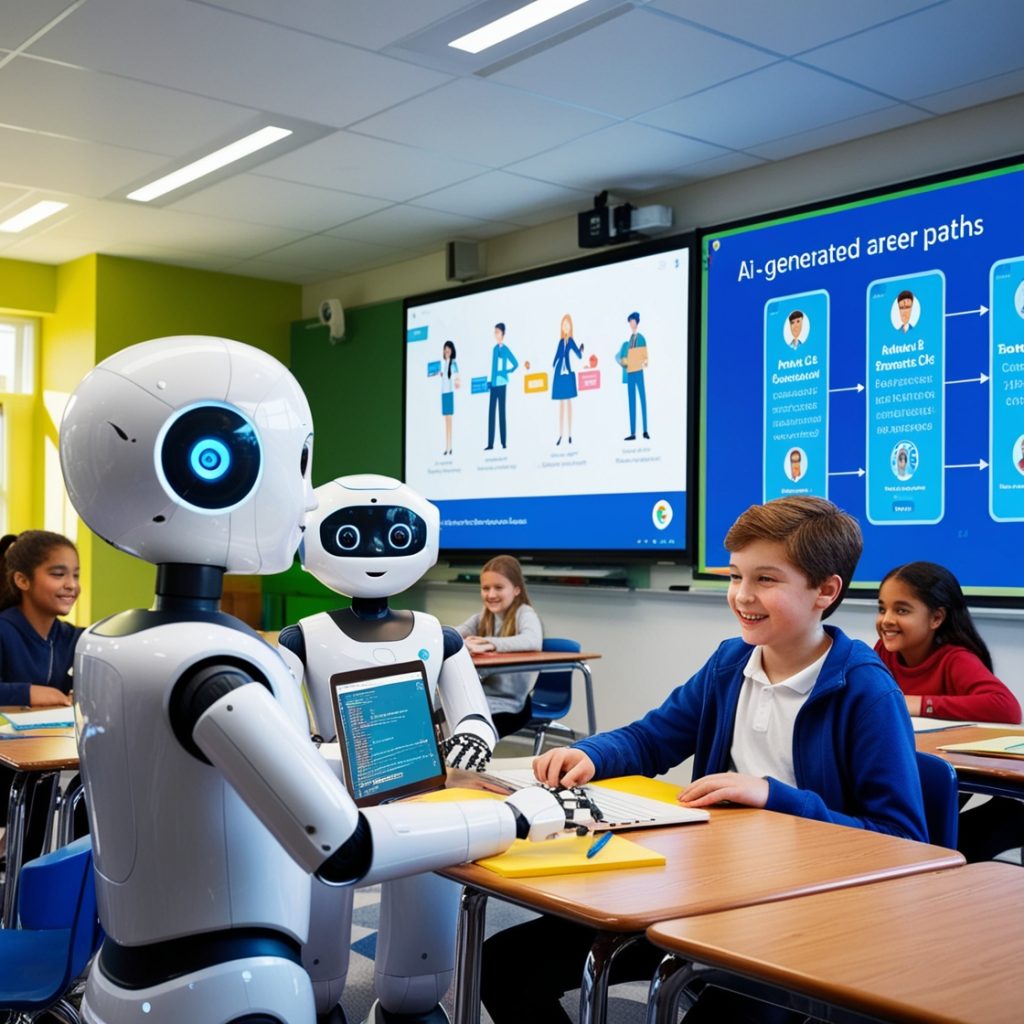
The Risk of Falling Behind
The stakes are high. Hassabis cautions that those who fail to adapt risk being left behind in a world increasingly shaped by intelligent machines. “Understanding AI is no longer optional,” he stressed. As AGI—the holy grail of AI research, capable of human-level reasoning—edges closer to reality, the need for widespread AI literacy becomes ever more urgent.
A Balanced Approach: Hard Skills and Cognitive Agility
Hassabis also highlights a crucial shift: while technical skills are important, many routine tasks are now performed more efficiently by machines. What will set the next generation apart, he argues, is flexibility and cognitive agility—the ability to learn, unlearn, and adapt quickly. “This capability is more durable and valuable than specific hard skills, which may quickly become outdated in the face of technological advancement,” he explained.
The Role of Education
Educators and policymakers are taking note. Schools and universities worldwide are ramping up efforts to integrate AI and coding into their curricula, recognizing that digital literacy is now as essential as reading and math. Hassabis’ message aligns with these initiatives, calling for a shift in mindset among students and teachers alike.
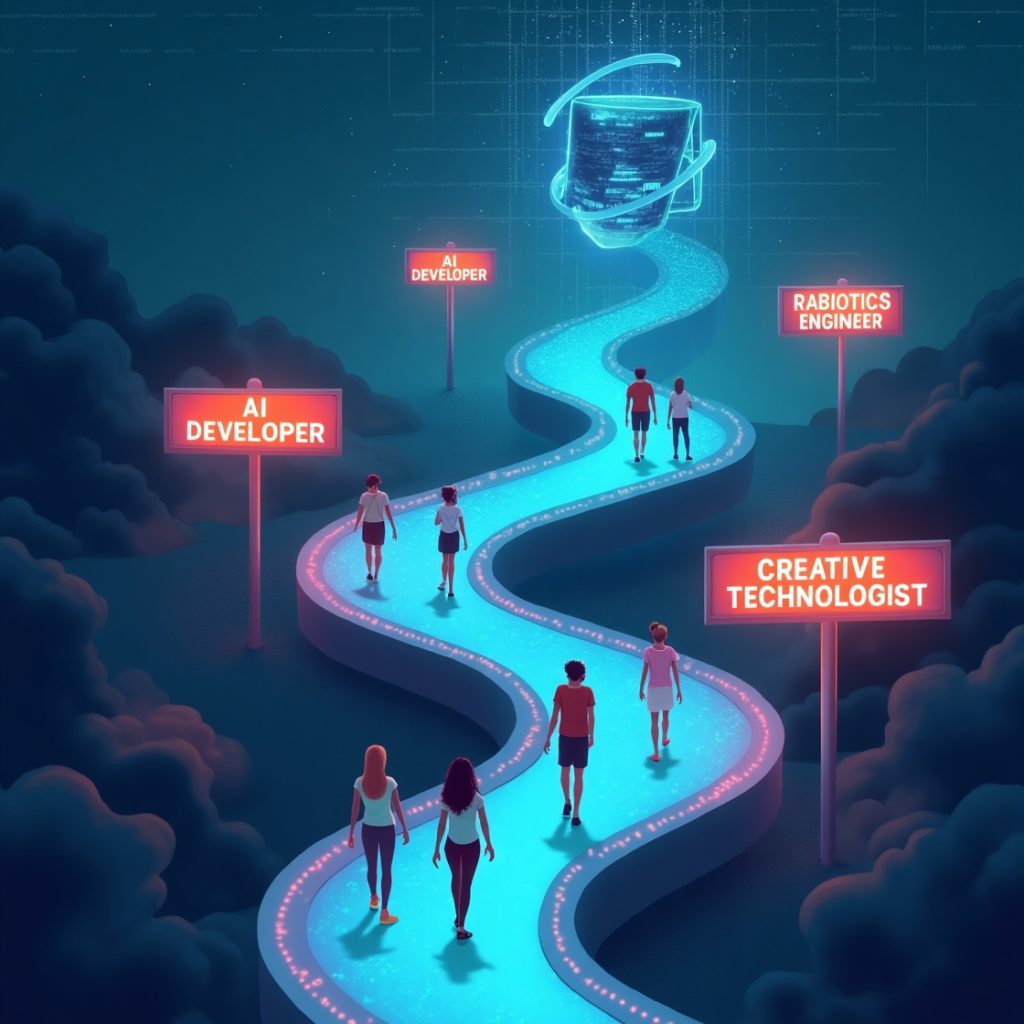
Preparing for the AI Age: Practical Steps for Teens
For teens wondering how to prepare for this new era, Hassabis offers practical guidance:
- Learn to code: Start with basic programming languages and build up to more advanced AI concepts.
- Experiment with AI tools: Use generative AI platforms, chatbots, and other emerging technologies to understand their capabilities and limitations.
- Develop meta skills: Focus on creativity, problem-solving, adaptability, and resilience—traits that machines struggle to replicate.
- Stay curious: The AI landscape is evolving rapidly; a willingness to keep learning will be your greatest asset.
Looking Ahead: The Next Five Years
The coming half-decade will be a period of profound change. While the exact shape of the future job market is hard to predict, one thing is clear: those who embrace AI early will have a significant advantage. Hassabis’ message is both a warning and an invitation—to step boldly into the unknown, equipped with the skills and mindset to thrive.
As the world races toward artificial general intelligence and the boundaries between human and machine blur, the next generation faces a defining challenge. With the right preparation, today’s teens can not only survive but lead in the AI age.
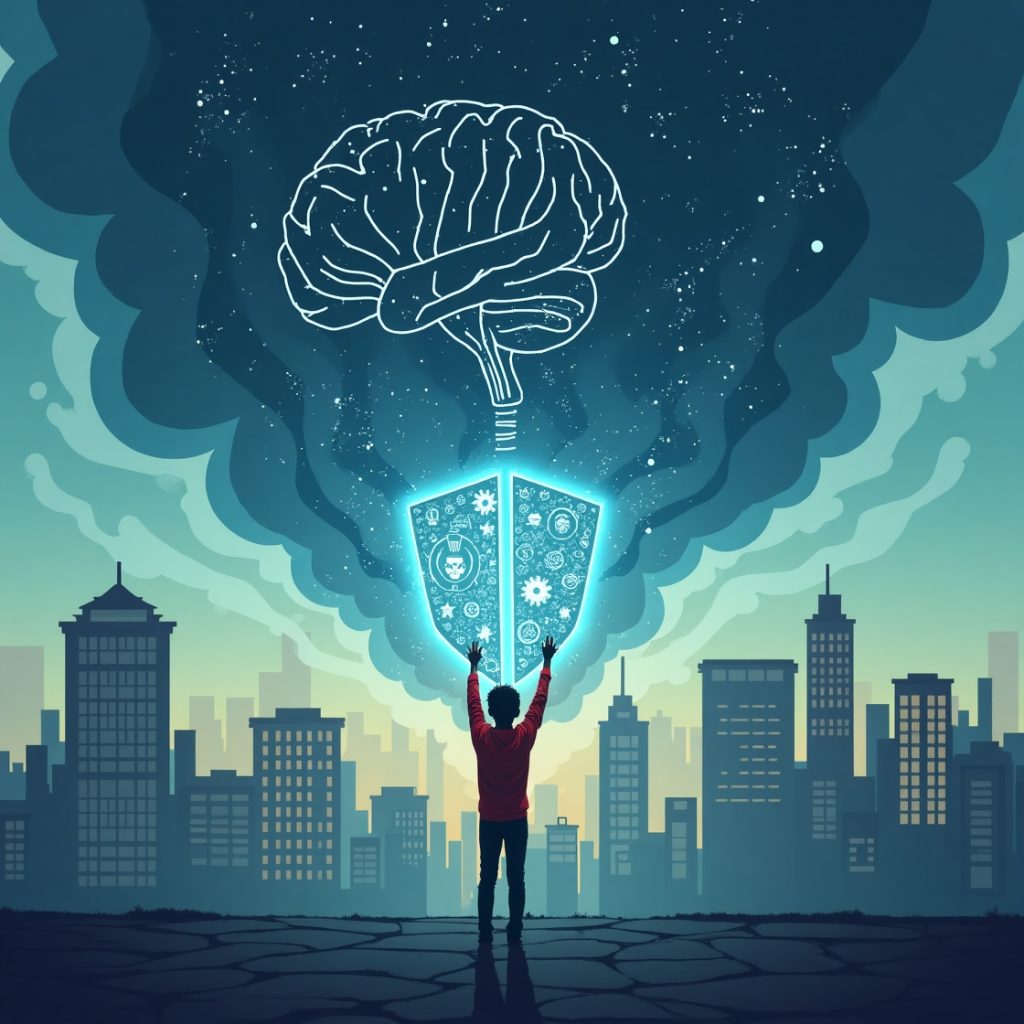
The future belongs to those who are ready to shape it. For Gen Alpha, the time to start is now.



